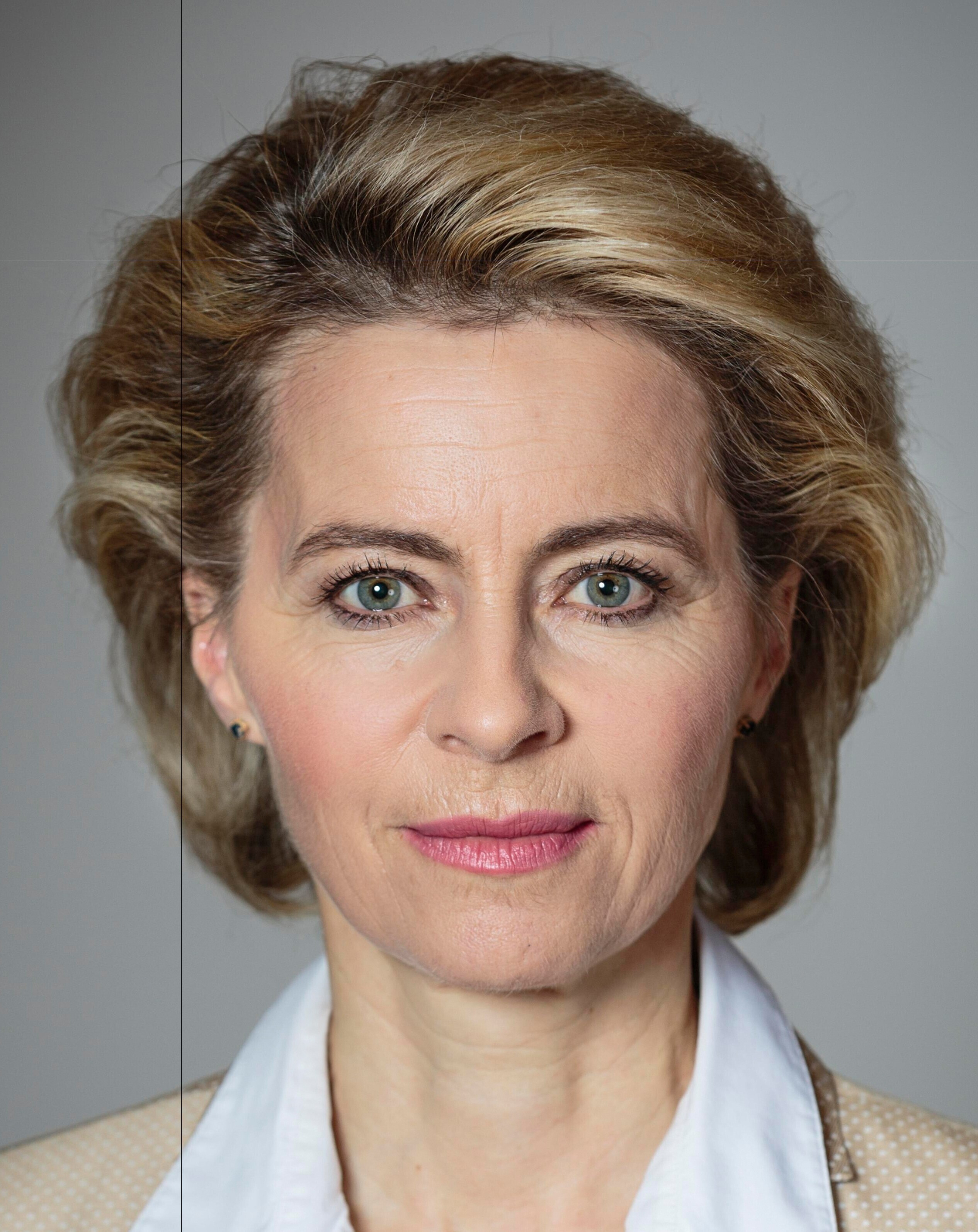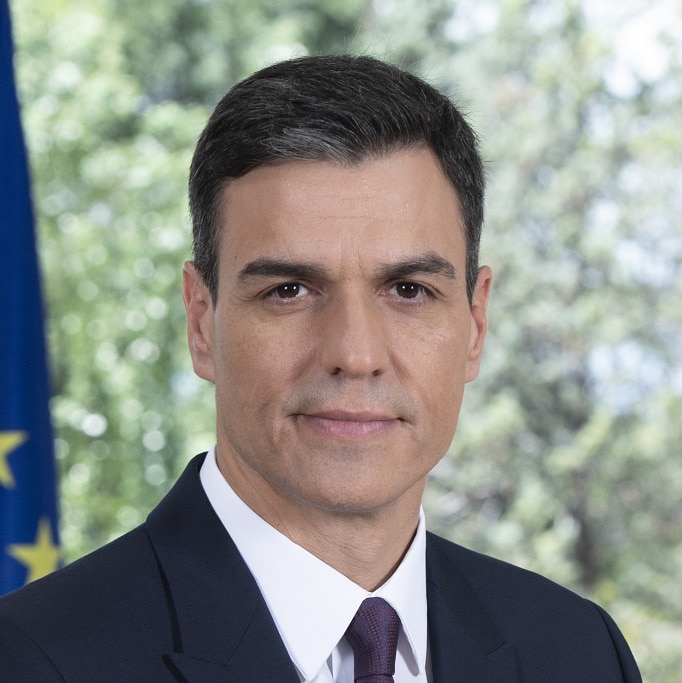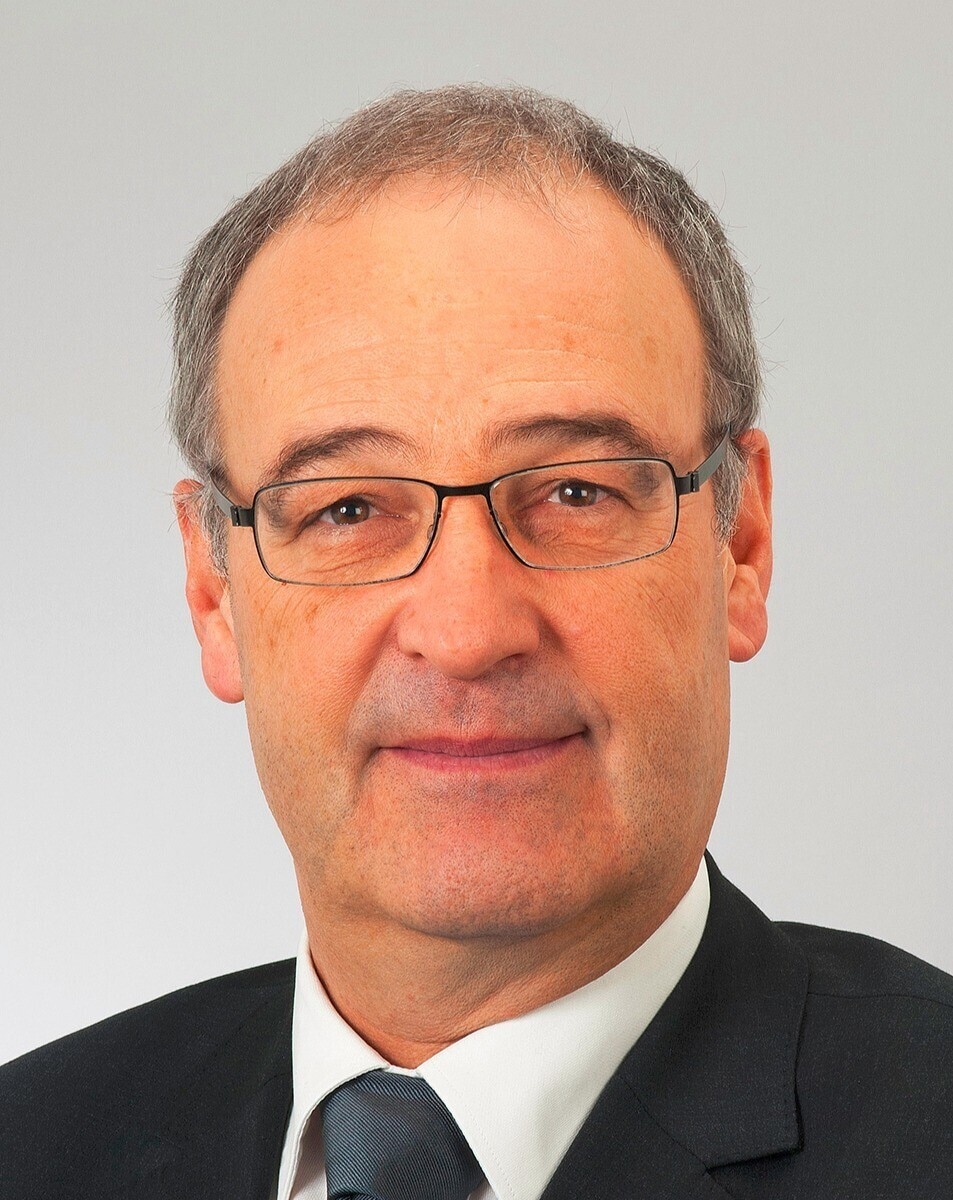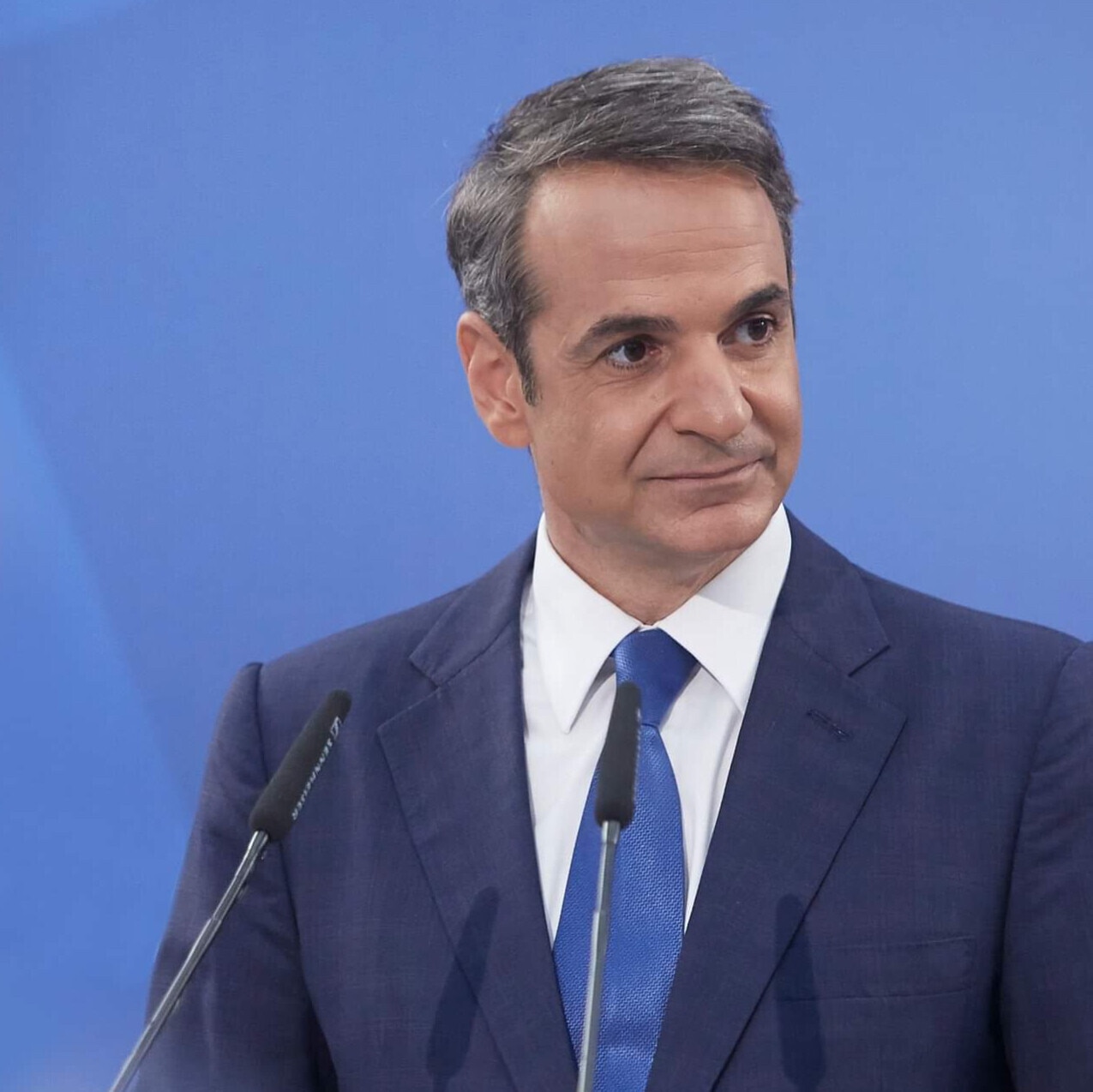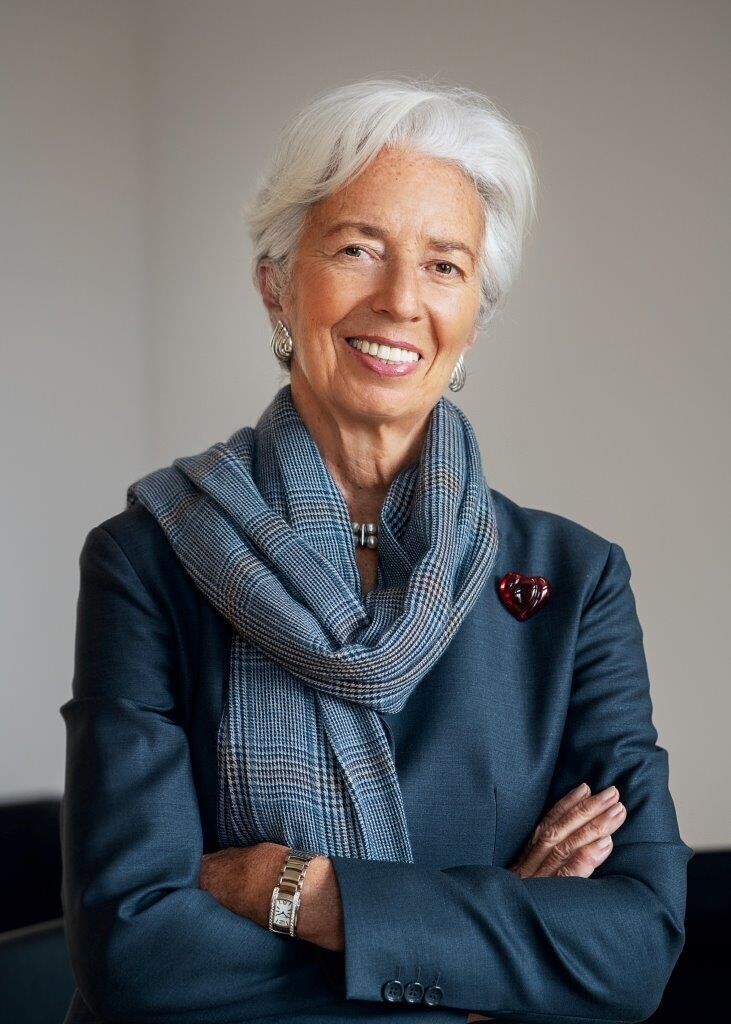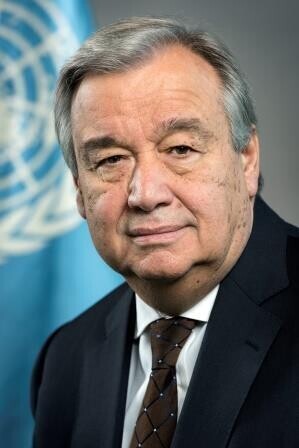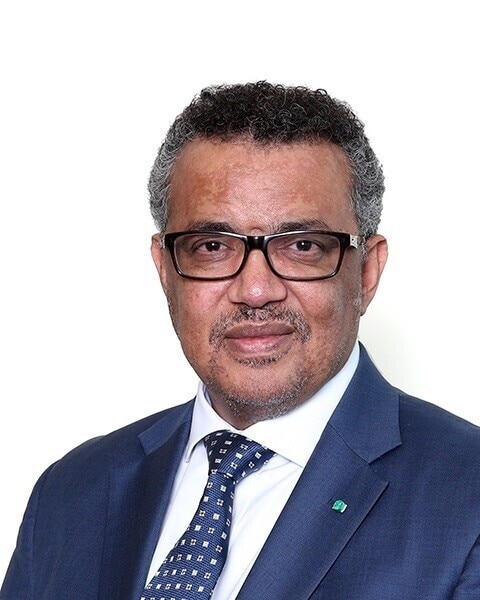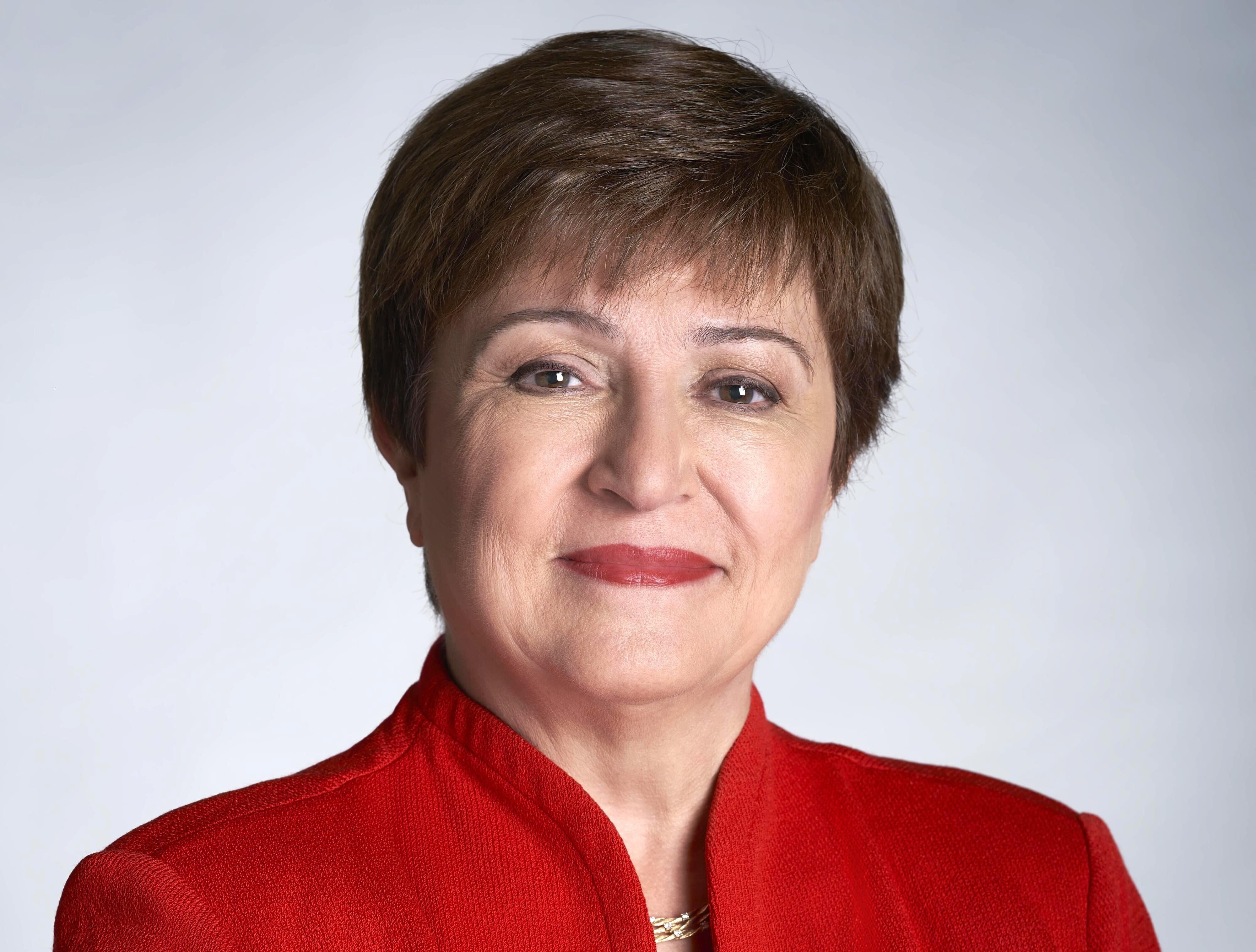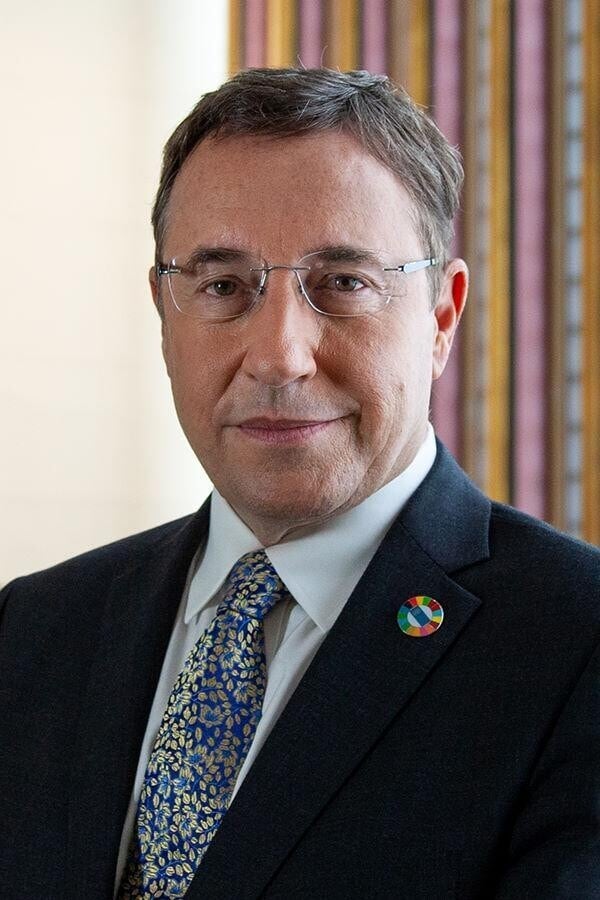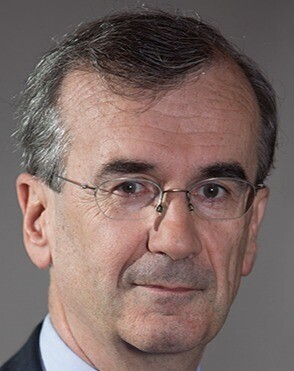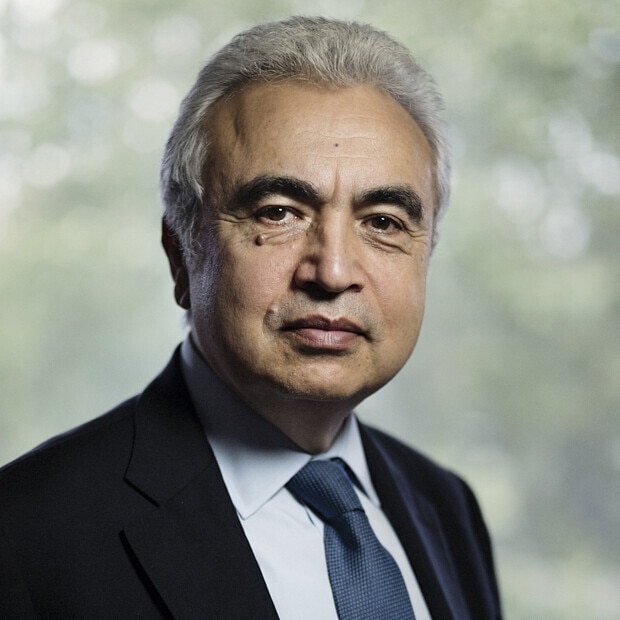Overview
The COVID-19 pandemic has demonstrated that no institution or individual alone can address the economic, environmental, social and technological challenges of our complex, interdependent world. The pandemic itself will not transform the world, but it has accelerated systemic changes that were apparent before its inception. The fault lines that emerged in 2020 now appear as critical crossroads in 2021. The time to rebuild trust and to make crucial choices is fast approaching as the need to reset priorities and the urgency to reform systems grow stronger around the world.
The Davos Agenda is a pioneering mobilization of global leaders to shape the principles, policies and partnerships needed in this challenging new context. It is essential for leaders from all walks of life to work together virtually for a more inclusive, cohesive and sustainable future as soon as possible in 2021. To this end, the World Economic Forum has served for more than 50 years as a trusted platform where leaders from business, government, international organizations, civil society and academia convene to address critical issues at the start of each year.
An entire week of global programming will be dedicated to helping leaders choose innovative and bold solutions to stem the pandemic and drive a robust recovery over the next year.
The Davos Agenda will also mark the launch of the World Economic Forum’s Great Reset Initiative and begin the preparation of the Special Annual Meeting in the spring. Each day will focus on one of the five domains of the Great Reset Initiative:
Monday 25 January: Special Addresses, Leadership Panels and Impact Sessions on Designing cohesive, sustainable and resilient economic systems.
Tuesday 26 January: Special Addresses, Leadership Panels and Impact Sessions on Driving responsible industry transformation and growth.
Wednesday 27 January: Special Addresses, Leadership Panels and Impact Sessions on Enhancing stewardship of our global commons.
Thursday 28 January: Special Addresses, Leadership Panels and Impact Sessions on Harnessing the technologies of the Fourth Industrial Revolution.
Friday 29 January: Special Addresses, Leadership Panels and Impact Sessions on Advancing global and regional cooperation.
The Davos Agenda aims to inform the global public and the Forum’s 25,000,000+ social media followers on the key issues shaping the year ahead. It will also engage over 430 cities in 150 countries that host Global Shapers, a network of young people driving dialogue, action and change. More than 20,000 members of TopLink, our digital interaction platform, and over 400,000 subscribers to Strategic Intelligence, our world-leading knowledge app, will also be active online throughout the week’s programme.
Live sessions will begin each day as of 08.00 until 19.00 Central European Time (CET).
The Davos Agenda will feature:
Heads of state and of government from the G20 and international organizations giving special addresses on the state of the world, as well as engaging in dialogue with business leaders from around the world.
Industry leaders and public figures discussing in leadership panels how to advance and accelerate public-private collaboration on critical issues such as COVID-19 vaccination, job creation and climate change, among others.
The Forum’s core communities, including its International business council, sharing their insight and recommendations from global, regional and industry initiatives in impact sessions.





